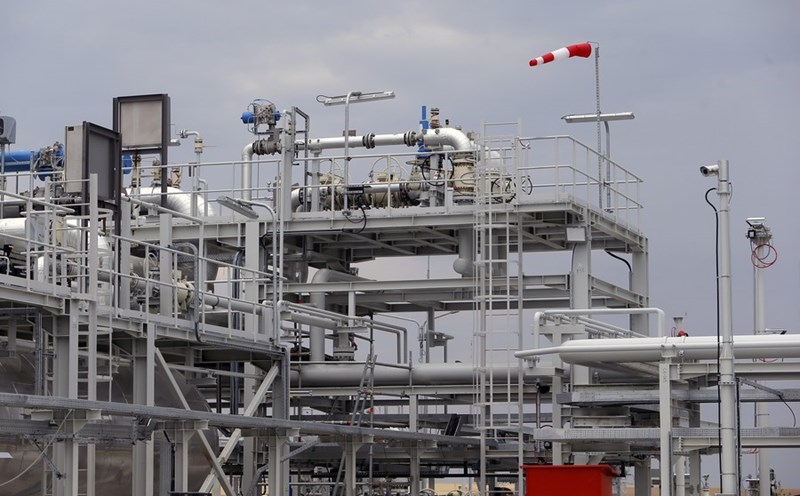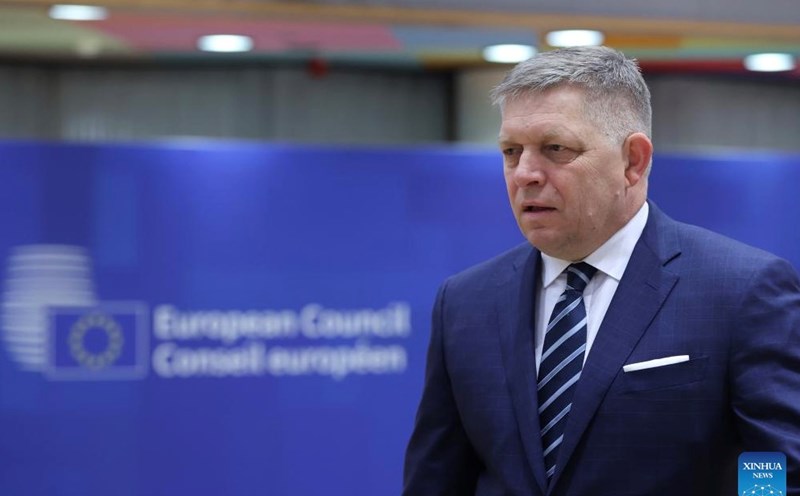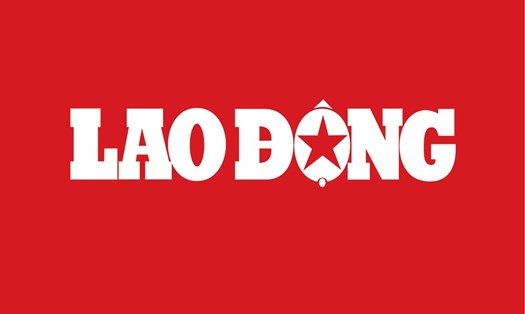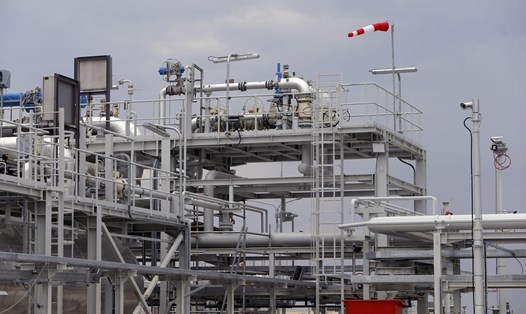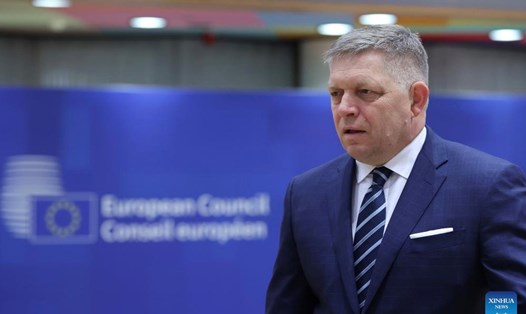The EU’s gas storage sites are running out faster this year than in recent winters, with gas storage now at around 59% full, according to the latest data from European Gas Infrastructure.
That's down from 75% at the same time last year, when gas reserves were at 75%. At this point in 2023, gas reserves were at 79%.
By the end of March, European gas storage levels could fall to as low as 30-35% of capacity, said Florence Schmit, an energy strategist at Rabobank. EU gas storage levels were at 58% at the end of March last year.
If reserves fall to 35% - around 38 billion cubic metres - European buyers will need to buy an additional 12 billion cubic metres of gas on the global market this summer, compared to 2024, Energy Aspects analyst Erisa Pasko noted.
According to Reuters calculations, 12 billion cubic meters is equivalent to about 120 liquefied natural gas (LNG) tankers worth $6 billion at current prices.
Concerns about gas storage are helping push already high European gas prices higher. European gas is trading at a 14-month high, hit by cold weather and Russia halting gas shipments through Ukraine.

Higher demand for additional storage in Europe is also reflected in higher gas prices in the summer months, which are more expensive than contracts for the following winter.
According to LSEG data, this is an unusual development. The last time a similar situation happened was in late 2021 and 2022, when Russia's Gazprom stopped storing gas in Europe.
Energy Aspects expects summer gas prices in the EU to be 49.50 euros/MWh, taking into account the partial absence of Russian LNG due to US sanctions.
Rabobank forecasts summer gas prices at 34-37 euros/MWh, up 10% from 2024 levels but below current market prices.
Analysts and industry experts agree that a gas shortage in Europe is unlikely this year. Even Slovakia, the country hardest hit by Ukraine’s halt in Russian gas transit, says it has enough supplies and storage to last until 2025.
The EU's need to buy more gas is expected to have a global impact, possibly diverting LNG shipments away from Asia.
Globally, there is likely to be a shortage of gas supplies but this will not happen in Europe, said Andreas Guth, head of industry association Eurogas.
Even with two new US LNG terminals expected to come online this year, the global gas market will remain tight until 2027.


